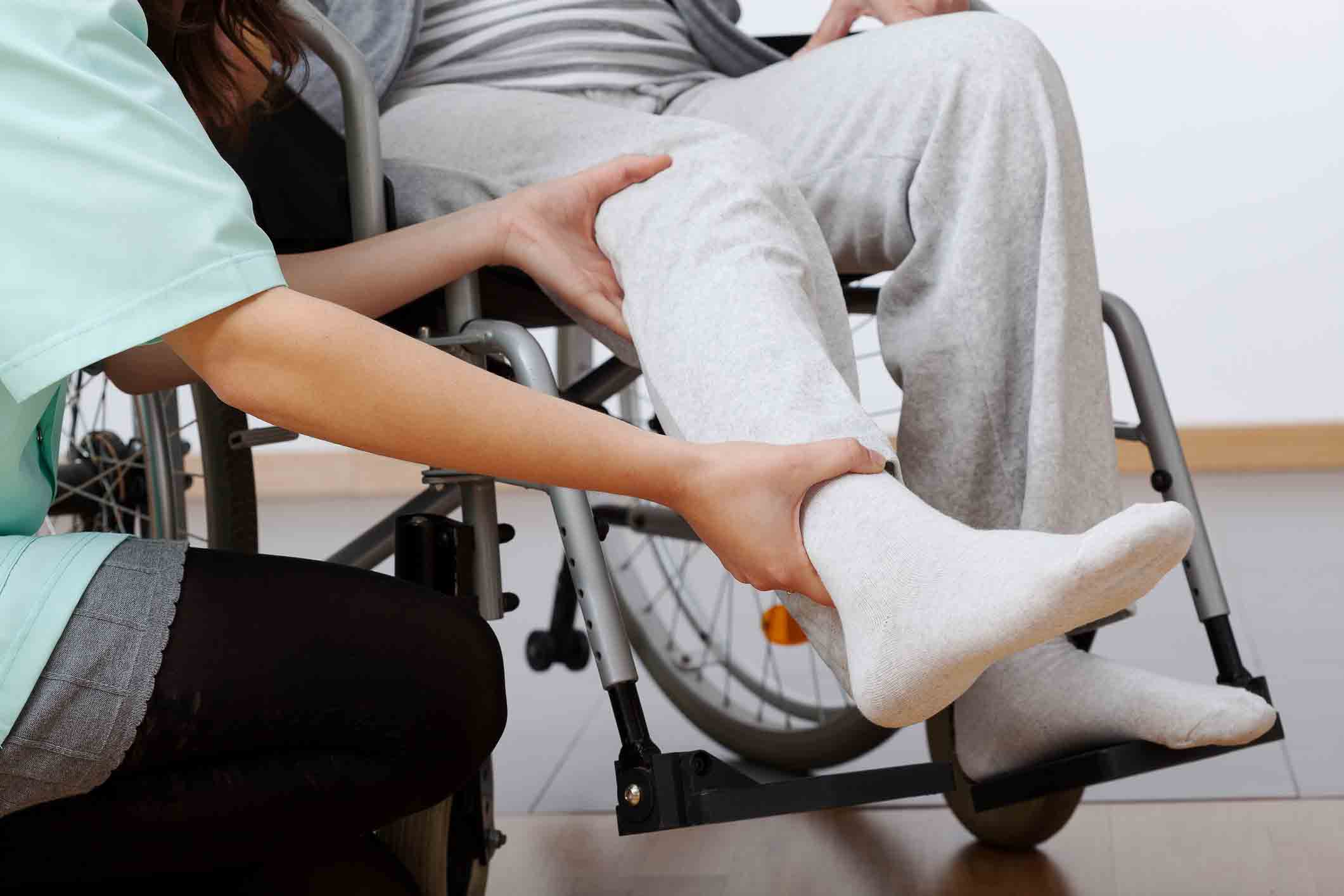Neurological Rehabilitation for Stroke and Paralysis

Stroke Paralysis
One of the most common disabilities resulting from stroke is paralysis or the lack of a muscles or group muscles to move. The movement of the muscles is triggered by the messages sent from the brain which controls it. The exchange of instructions between the brain and the muscles could get affected as a results of the stroke as a part of the brain stops its functions. When the blood flow to the brain is interrupted, it causes a medical emergency known as stroke paralysis and this is a common stroke definition. In most cases, stroke paralysis affects the opposite side where the brain is damaged due to stroke and any part of the body can be affected by it. The immediate fallout for 90th of stroke-affected individuals is paralysis of some degree.
Types
Transient ischemic attack: this sort of stroke is thought as a warning or a mini-stroke by doctors. When a brief stoppage of blood flow to the brain happens, it causes a TIA (Transient ischemic attack). Since this can be temporary, the condition and its symptoms last for a short duration only. Ischemic stroke: When a blood clot prevents blood flow to the brain, it causes an ischemic stroke. The blood clot is often the result of the accumulation of fat deposits on the inside of a blood vessel which is known as atherosclerosis. In this condition, the fat deposits break off and stop the blood flow to the brain. This kind of stroke is embolic where the blood clot moves from one part of the body to another, which happens due to beating of the heart. In this case, stroke treatment is needed to cure the condition a transient ischemic attack which will go away without treatment. Haemorrhagic stroke: This stroke happens when a blood vessel bursts or ruptures inside the brain and covers the brain tissues with blood. Haemorrhagic stroke is further divided into the following three types: Aneurysm: This causes a weak portion of the blood vessel to flare up and now and then, rupture too. Arteriovenous malformation: during this kind, abnormally shaped blood vessels will get burst and cause a haemorrhagic stroke. Bleeding in the brain: Due to high blood pressure, tiny blood vessels can get weakened and thus result in bleeding in the brain.
Symptoms
- Headache
- Speech trouble
- Numbness in body parts